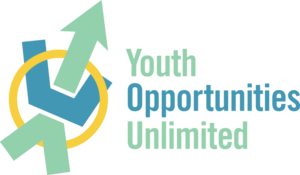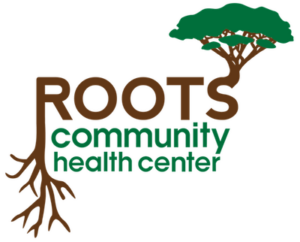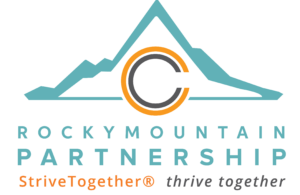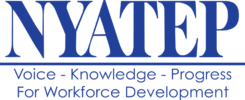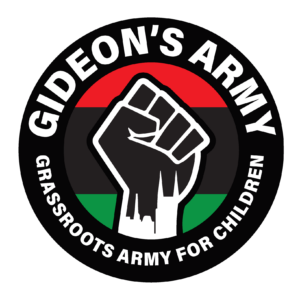Young Women’s Christian Association (YWCA San Antonio) – San Antonio, TX
Young Women’s Christian Association (YWCA) is a national multicultural women’s organization dedicated to eliminating racism, empowering women, and promoting peace, justice, freedom, and dignity so women and girls can thrive. YWCA’s focus areas include racial justice and civil rights, increasing economic advancement for women and girls of color, improving health and safety of women and girls of color, providing safety and security for women (including domestic and sexual violence services), and serving kids through childcare services and programming. Their Economic Empowerment and Workforce Readiness Programs include financial literacy classes, RESET (Re-engagement for Self-Sufficiency, Empowerment and Transformation) which serves disconnected young women, assistance to banking, legal and financial resources, and a Ready to Work workforce development program.
In San Antonio, the Fund for Workforce Equity supported YWCA’s newly formed Teacher Advisory Committee (TAC), which raised awareness about the undervaluing of early childhood educators (ECE), their pay, professional pathways, and their deserved recognition as teachers. The TAC surveyed local childcare facilities to better understand the experiences and perspectives of ECEs around job quality, pay, and professional development. It also spoke on panels and attended public meetings with donors to share the needs and challenges of the childcare industry with policymakers.
Through the TAC survey, YWCA San Antonio learned about the various challenges childcare providers face, including long work hours without breaks, not having the privilege of remote work, and work that is often undervalued and underpaid. Surveyed teachers voiced many frustrations and feelings of injustice, and childcare providers of color, primarily African American and Hispanic women, had little experience in advocating for themselves in the workforce and in their communities. The TAC highlighted the need for greater training and communication tools so childcare providers could advocate to policymakers on behalf of the childcare industry. YWCA shared the results of the survey with the organization’s leadership team and continue to work internally and across departments to amplify the voices and concerns of childcare teachers within the organization and in the community.
In addition to the grant funding, YWCA benefitted from the Fund’s technical assistance supports. In particular, they valued opportunities to learn about other grantees’ work and share challenges and successes of project implementation throughout the grant period. Looking to the future, YWCA will continue to amplify the voices of early childhood education providers and build a more empowered and professionalized early childhood education workforce.

